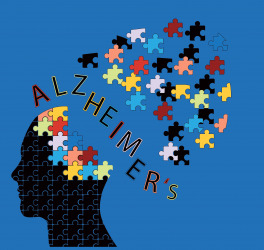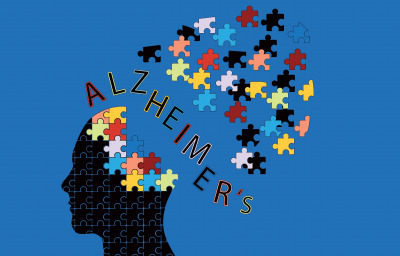
The Royal Commission has released its report into the fourth public hearing Health care and services for people with a cognitive disability. The report finds that people with cognitive disability have been, and continue to be, subject to systemic neglect in the Australian health system.
The report includes a brief description of the evidence from witnesses with direct experience of the health system, along with advocacy groups, medical experts and government witnesses.
Royal Commission Chair, Ronald Sackville AO QC, said that the Commissioners heard harrowing evidence of people with disability being ignored or disregarded by the health system, with some doctors making unfounded assumptions leading to ‘diagnostic overshadowing’, and poor health outcomes.
“Despite the richness and variety of the lives of people with disability, societal attitudes can influence decision-making concerning their health care and treatment, with one witness identifying this as one of the key challenges to ensuring that people with intellectual disability receive high quality health care,” Mr Sackville said.
There were also witnesses with cognitive disability and their families who described positive experiences in the health system, suggesting the Australian health system is capable of responding to the complex physical, psychological and communication requirements of people with cognitive disability.
The evidence of those positive experiences often starkly contrasted with earlier negative experiences that had led to trauma and adverse health outcomes, bringing into sharp focus the profound importance of health professionals and institutions understanding the barriers to high quality care for people with cognitive disability, and adapting to break them down.
The report highlights the importance of a ‘person-centred approach’ in addressing the health needs of people with disability. The report emphasised the need for better training of health care professionals, reduction of distress and trauma, better integration between the health and disability sector, and better communication and information sharing, as ways to improve access to the system for people with intellectual disability and autism.
Other key themes include the quality of the health care received; attitudes, assumptions and culture; communication and information sharing; lifetime health care; the collection of data and research; and the need for initiatives to improve health care, such as appropriate training of health professionals, as challenges for the future.
In its report, the Royal Commission found evidence suggesting health standards set out in the Convention on the Rights of Persons with Disabilities (CRPD), “have often not been met and that there continue to be systemic problems in the provision of health care and services to people with cognitive disability in Australia”.
As one mother said, for her son, good health care is ‘person-centred and individualized”, while another explained that the person-centred approach recognises an individual’s needs and preferences as the foundations for their care and treatment.
The Royal Commission heard that a relationship of trust, confidence and respect between a person with cognitive disability and the medical practitioners who provide them with care and treatment is very important, as it is for all people.
The Royal Commission also heard that there is a need for independent advocacy services for people with cognitive disability, and their families, to support them to navigate the health system.








